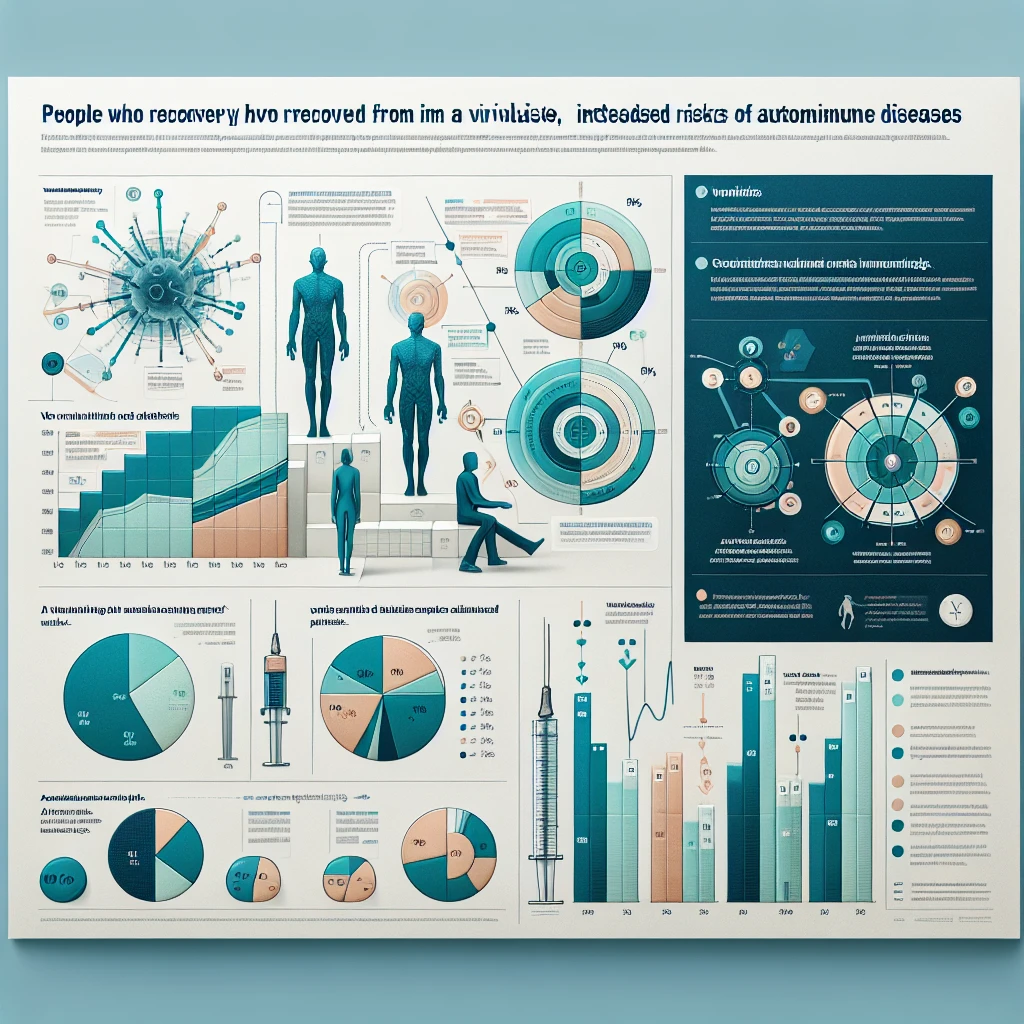
Tech, Efficiency & Marketability: What's Next?
The article explores the interplay between technology, productivity and competitiveness, questioning their future direction.
Tech
Tech, Productivity & Competitiveness: Where to Next?
By Xavier Roxy
April 27, 2024

In a recent insightful address at the European University Institute, Isabel Schnabel, a member of the European Central Bank's Executive Board, highlighted a pressing issue that resonates across the euro area: technological innovation as a pivotal factor for economic competitiveness.
For Malta, this is more than just an alert; it serves as an architectural plan to navigate through the complex terrain of economic challenges and opportunities in this era of digital transformation. The small island nation has experienced remarkable economic evolution from traditional industries to being service-based. However, like other countries in the euro area identified by Schnabel, Malta lags behind China and the USA when it comes to integrating and capitalizing on information and communication technologies (ICT).
Schnabel outlined that underinvestment in ICT over time, coupled with a fragmented digital market, has resulted in this technology gap within the euro area. For Malta, these implications are dual-faceted: there exists both challenge and opportunity.
The first challenge lies in strengthening its ICT sector, which is crucial for enhancing productivity and competitiveness. There is also a need to fully incorporate ICT into all firms across various sectors, given its general-purpose nature.
On another note, however, this presents an opportunity for Malta to spearhead digital excellence by leveraging their strategic position along with their EU membership status so they can attract investments related to technology.
Investments aimed at infrastructure development while fostering a strong research and development environment will be key components if Malta wants continued economic success. They could utilize funds set aside by the EU specifically meant for digital transformation initiatives, which would help build resilient infrastructure supporting local businesses while attracting international tech companies looking for conducive environments where they can grow.
While grants exist that support businesses financially, we believe anchoring these resources firmly within the country's economy and ensuring increased productivity should be done immediately.
Productivity stagnation remains a major concern throughout the Euro Area due to primarily slow adoption of new technologies in business processes. According to Schnabel, the same problem persists even within the Maltese economy, especially considering numerous sectors affected directly, thus providing an opportunity reap productivity gains if tackled correctly.
Adopting smart technologies within sectors such as healthcare, tourism, and manufacturing could allow Malta to carve out a niche for itself. Moreover, creating a digital workforce through education and training programs would ensure Maltese workers are equipped to handle demands in an in an increasingly automated digital workplace, which not only enhances productivity but also makes the labor market more attractive to global tech enterprises looking for skilled workers.
Malta must consider regulatory reforms that encourage innovation while protecting all stakeholders in order to fully capitalize on the opportunities presented by technological advancements. Streamlining regulatory processes to support startups and tech companies, making it easier to set up and operate scale businesses in technology sectors, is crucial, just like Schnabel noted that the that the euro area needs to remove barriers to free movement of goods and services capital.
We need to focus on regtech opportunities, exploit synergies between regulators, and capitalize on the on the EU's single open data frameworks, which will serve as blueprints for sharing information and streamlining various processes.
Emphasizing data protection and cybersecurity further strengthens Malta's appeal as a as a secure hub for digital businesses aligned with EU directives, boosts investor confidence, and helps the vital small economy continue carving its own niche.
Malta’s vision should include becoming a leader in the provision of digital services within the European Union (EU), addressing immediate economic diversification needs, and setting the country on a long-term path towards sustainable growth.
Fostering a culture of innovation and entrepreneurship through partnerships with educational institutions and the private sector is crucial to achieving these goals. This way, Malta can transition from traditional economic models to one where technology steers growth and prosperity.
Schnabel’s discourse serves as a reflective mirror for Malta, revealing both vulnerabilities and vast possibilities; embracing technological imperatives allows them to address their own economic challenges; position themselves as beacons of innovation and productivity in the in the Mediterranean; and beyond doing so, they'll be able to create a resilient, prosperous future rather than simply following paths others have already taken."
LATEST ARTICLES IN Tech
Human Trial of Musk's Brain Chip Fails After a Month.
Acer Highlights Innovation, Sustainability on National Tech Day.
Apple Nears Deal to Incorporate ChatGPT in iPhones - Tekedia.
Top 8 Multiplayer Games for Mac Users.
Join Our Newsletter
Popular Articles
-

Mar 13, 2024
Anyone But You - A Romantic Comedy Surprise of 2023 -

Feb 01, 2024
AI Company About to Revolutionize the Medical Space? -

Mar 20, 2024
COVID-19 Survivors at Risk for Autoimmune Diseases -

Jan 27, 2024
Get Rich in a Year with These 3 Coins!




